Overview
Geberit has been improving people’s quality of life with its innovative sanitary products for 150 years. We strive to develop and manufacture our products with ecological, social and economic considerations in mind.
- Highlights
- Report and codes
- History
Highlights Sustainability
Designed for longevity
Geberit products have service lives that span decades because of the high-quality materials used and strict quality standards applied. Furthermore, they are usually backwards-compatible and are easy to clean, maintain and repair.
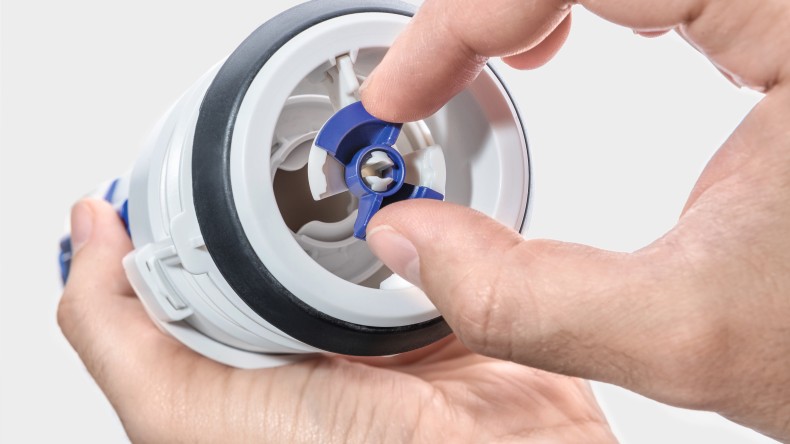
Water-saving solutions
The company has a long tradition of manufacturing products that save water, especially WC cisterns and their associated components. According to a model calculation, the water consumption for flushing the toilet has been reduced by around 80% from 70 litres to 14 litres per person per day since 1952 thanks to Geberit’s dual flush and stop-and-go cisterns. See Eco-design
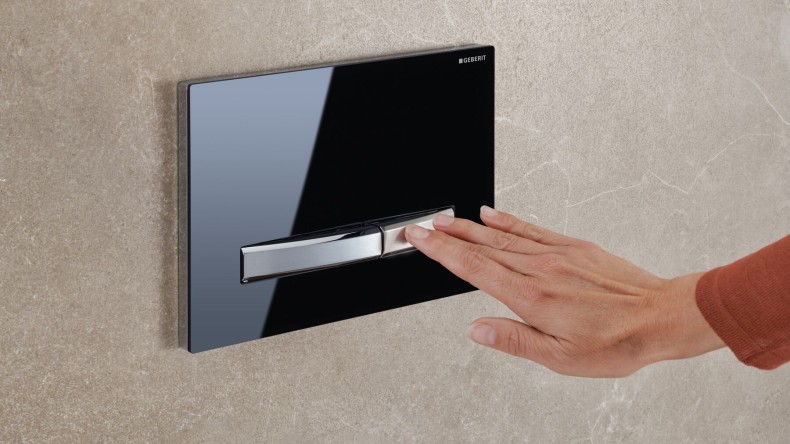
More than 180 eco-design products
Geberit has consistently applied the eco-design principle in the development of its products since 2007. Since the introduction of eco-design, more than 180 new products have been developed or optimised on this basis. See Eco-design

Conscientious use of resources
Continuous efforts are already underway to promote the use of recycled plastics, with a dedicated strategy to progressively increase the proportion of purchased plastic regranulate (post-consumer waste). Geberit is also involved in Operation Clean Sweep (OCS) – an international initiative committed to preventing the loss of plastic pellets and ensuring that these materials do not end up in the environment. See Resources and circular economy (GRI 301) – Geberit Annual Report 2023
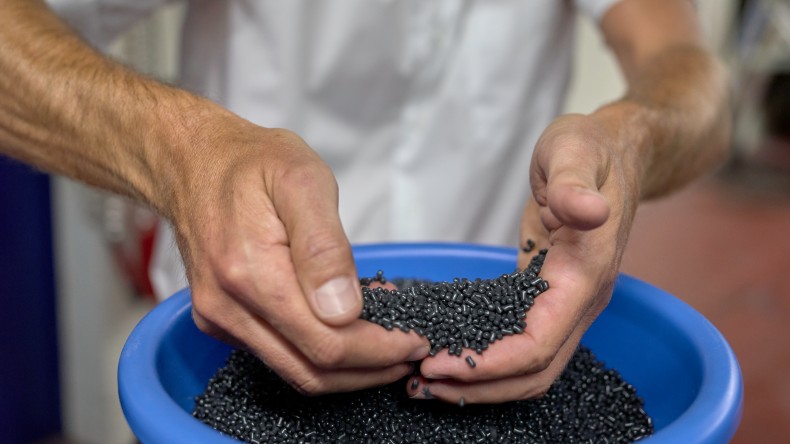
Compact packaging
Geberit aims to minimise its use of packaging material and is systematically refining its packaging designs to cut down on material usage without compromising on product protection. The company’s packaging strategy aims to ensure that plastic packaging contains a minimum of 30% recycled material by 2030 and that 80% of the materials used are recyclable.
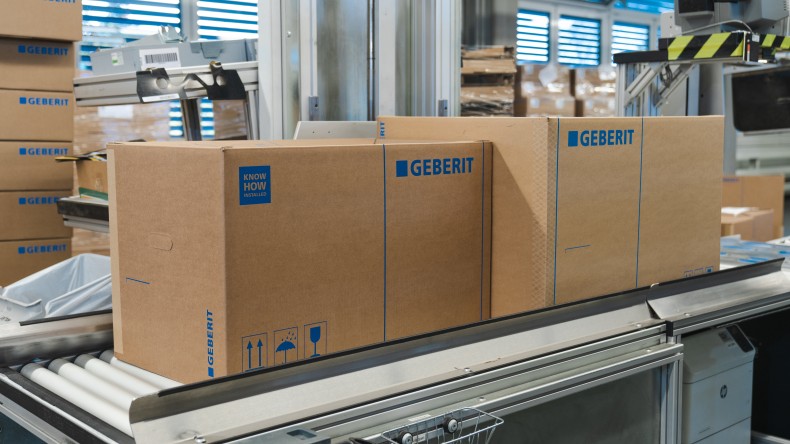
Reduced carbon emissions
With its commitment to resource-saving and energy-efficient production processes, the company has made significant strides. In fact, Geberit’s eco-efficiency has surged by 63% since integrating its energy-intensive ceramic production practices in 2015, with some 79% of the electricity coming from renewable energy sources. See Energy (GRI 302) – Geberit Annual Report 2023
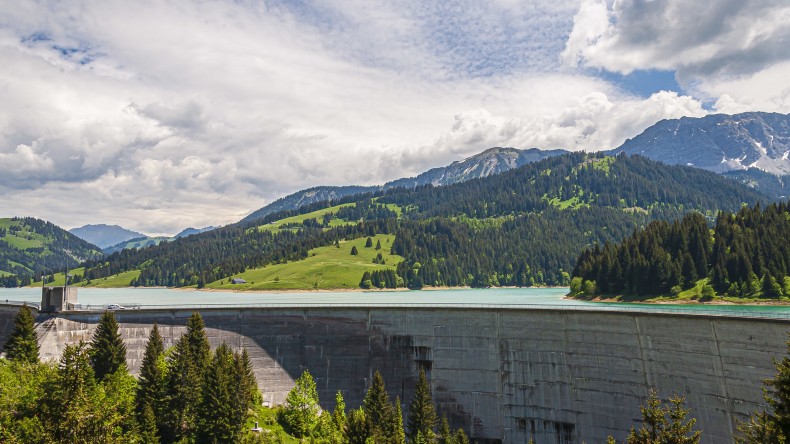
Gold medal from EcoVadis
The Geberit Group was awarded the EcoVadis Gold Medal in 2024 for its sustainability management. This puts the company in the top 5 per cent of the more than 125,000 companies assessed across all sectors and countries.
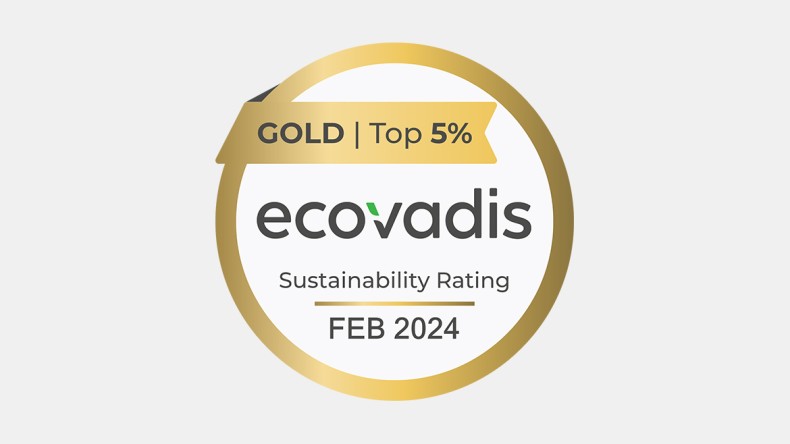
Certified production and logistics
All production sites, the central logistics hub and the management company including all Group functions at the headquarters in Rapperswil-Jona (CH) are certified in accordance with ISO standards 9001 (quality), 14001 (environment) and 45001 (occupational health and safety). In addition, five German plants are certified according to ISO 50001 (energy), with nine sales companies certified to ISO 9001 (quality). See Report and Codes
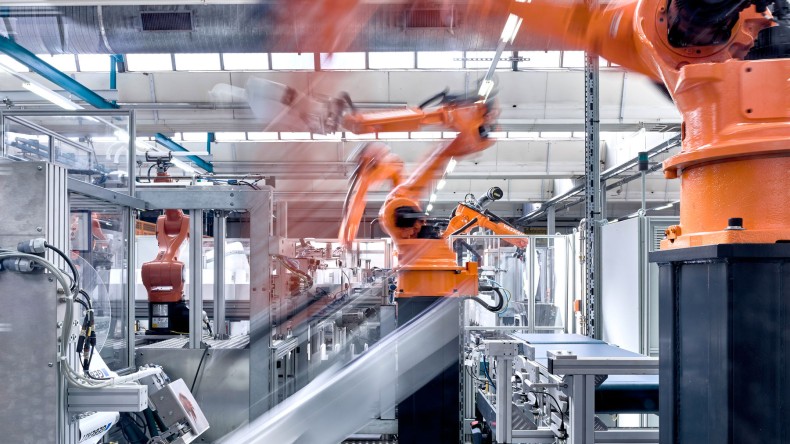
Social responsibility
Geberit is actively involved in development projects aimed at promoting the human right to clean water and basic sanitation. These initiatives focus on knowledge sharing and vocational training, particularly in developing countries. The company is also committed to advocating for equal opportunities and inclusive workplaces. See People
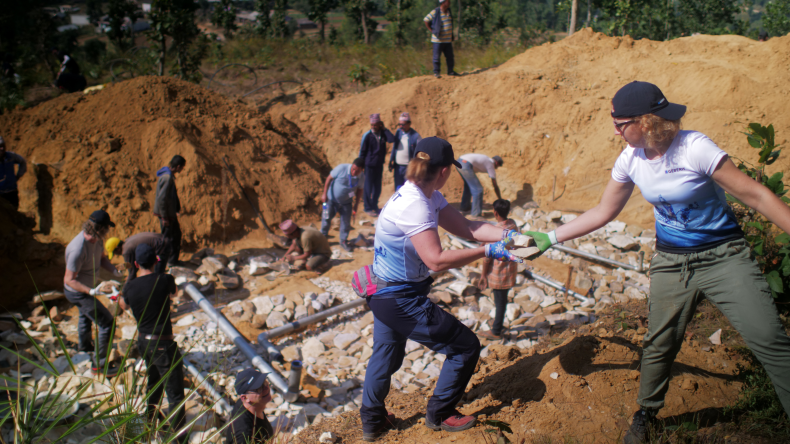
Report and codes Documents
History Decades of commitment
Long before buzzwords such as ‘corporate social responsibility’ and ‘sustainability’ became firmly ingrained with the public, they were put into practice at Geberit.
«Sustainability has been an integral part of Geberit’s culture for several decades. Our focus is on constant and consistent implementation with measurable results.»
Christian Buhl, CEO
Read more about our responsibility in our Group history.

